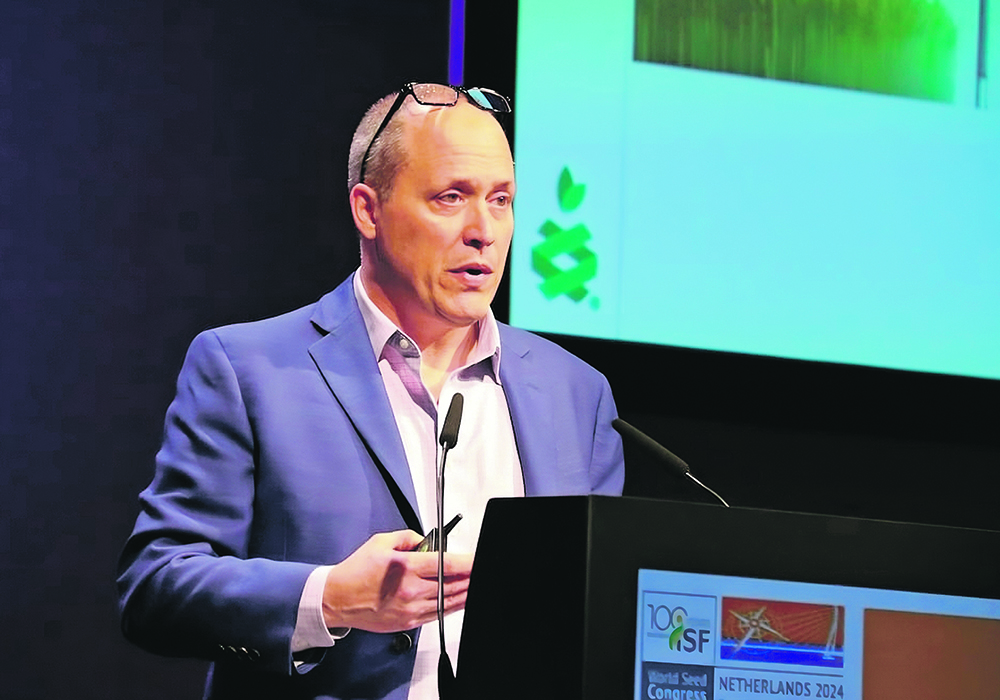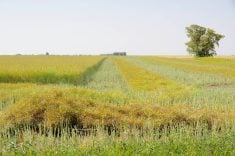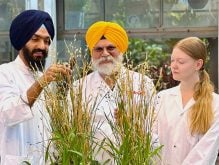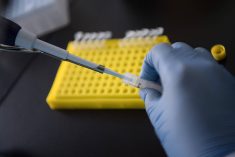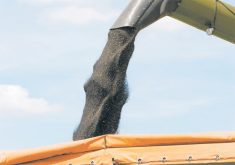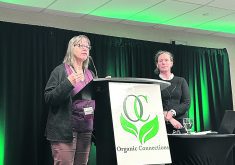Glacier FarmMedia – ROTTERDAM — Many major crop-producing regions, Canada among them, now have a pathway to market gene-edited crops and that could lead to new products that avoid the former arduous, costly and time-consuming approval process that faced genetically modified crops.
The World Seed Congress brings together stakeholders in the global seed industry.
The critical difference is that gene-edited crops involve turning genes on and off within the genome without introducing genes from other species, as has been the case for genetically modified crops.
Read Also
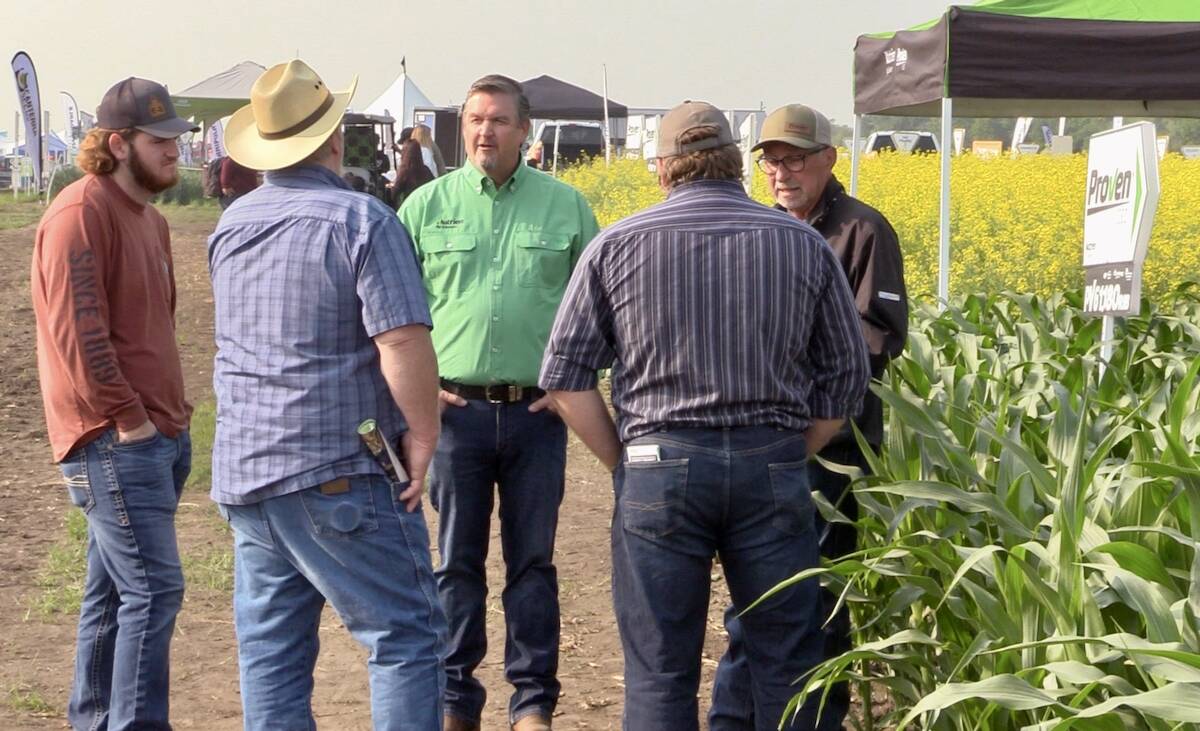
Interest in biological crop inputs continues to grow
It was only a few years ago that interest in alternative methods such as biologicals to boost a crop’s nutrient…
Canada is now green on global maps shown at the World Seed Congress in Rotterdam that indicate approval of gene editing. There’s regulatory certainty for gene-edited crops after regulations were announced in April. That means Canada can play a part in the rapid growth of innovation around the world.
The breakthrough to achieve clear gene-editing regulations required a lot of work by Canadian seed and crop groups. Krista Thomas, vice-president of trade policy and seed innovation with the Canadian Grains Council, said the Canadian process yielded a good result.
“I think Canada’s regulatory approach for gene editing is the best in the world because it’s pragmatic and it’s science-based and it maintains a product-based approach,” she said at the congress, where she was a panellist in a session on the state of gene editing regulations around the world.
There are already signs that innovations will come soon from new companies such as Pairwise in the United States. It is a six-year-old North Carolina company that employs 120 people and is working to submit products into the newly created regulations in various countries.
Pairwise was the first to have a gene-edited produce crop go to market in the United States, with its mustard greens in 2023. The company aims to make fruits and vegetables more attractive to people by such means as creating a pit-free cherry.
It is also working on higher-yielding corn and has achieved a 10 per cent increase after only two years of development, said Dan Jenkins, vice-president of regulatory and government affairs for Pairwise.
Other parts of the world are also growing their ability in gene editing. In Africa, there’s a concerted effort to develop the lab and human capacity to work on it. Eight countries in the African Union allow the practice.
New European regulations are pushing seed companies to find ways of coating seeds without using materials that end up as microplastics in the environment.
Microplastics occur when plastics break down. They persist because the polymers aren’t soluble in water and don’t degrade. There’s increasing concern about the volume of microplastics in the global environment.
Polymers are used to ensure the crop protection product flows precisely onto the seed and sticks to it. They also reduce dust as seeds run through a planter, said Rob Pronk, global marketing manager with Incotec, which provides seed treatment products to seed companies.
The agriculture sector is a small contributor to microplastics, but “we feel responsibility to do something about this,” says Bert Compaan, research manager of seed pathology at Bejo Zaden, a Dutch seed company.
He is on an International Seed Federation committee that created a position paper on seed treatments that calls for elimination of microplastics. Campaan was on a panel at the recent seed congress in the Netherlands.
The European Union’s legislation on microplastics, passed in October 2023, gives companies five years to find replacements for products without active ingredients and eight years to replace polymers in crop protection products.
The global seed sector is also getting serious about use of illegal seed. A memorandum of understanding was signed at the congress involving 13 organizations focused on stopping its use. The group includes the Seed Association of the Americas, in which Canada is a member.
While there is concern about farmers saving privately developed seeds in Canada, those challenges pale in comparison to other parts of the world. Canada is unique in that much of the wheat seed grown in Western Canada is from public breeding programs.
There’s more concern about non-farmers who collect and resell seed for their profit.
Antonio Villaroel, managing director of Gestión de Licencias Vegetales, an organization in Spain, said that of 750 cases his group has taken to court over the past 30 years, only about 12 were farmers. Of greater concern are other industry sellers of illegal seed, including cooperatives, grain traders and seed dealers.
In Brazil, Diego Risso, executive director of the Seed Association of the Americas, says about 40 per cent of soybeans planted could be illegally grown.


